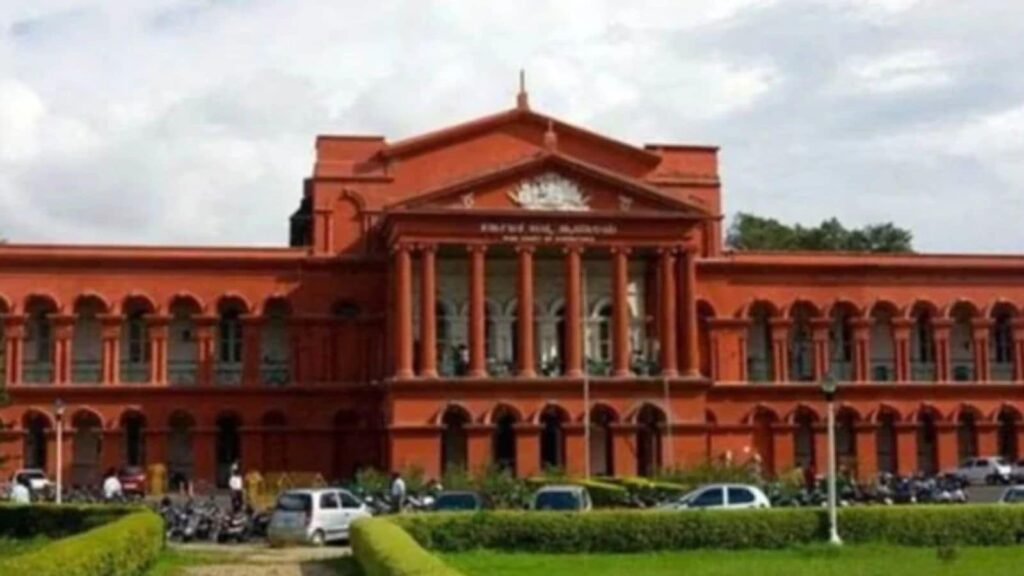The Karnataka High Court on Saturday issued a notice to the Centre on a plea against sections of the Promotion and Regulation of Online Gaming Act, which bans online money games.
The plea by gaming company Head Digital Works raised concerns about the impact of the Act on employees in the industry, saying “we are talking about employment of lakhs of people”, and warned of a “huge backlash”.
The plea, being heard by a bench of Justice B M Shyam Prasad, also sought that the government should either not notify the law or give advance notice of the notification.
The Act had received presidential assent on August 22 but has yet to be notified.
In its petition, Head Digital Works, which owns A23 Rummy, has stated that sections of the Act that define online gaming with money, irrespective of whether it is a game of skill or chance, ban major activities related to operating gaming platforms, and set penalties for the same, are violative of Articles 14, 19, 20, 21 and 301 of the Constitution.
The company was represented in court by senior advocates Dhyan Chinappa and Aryama Sundaram.
Opening arguments before the high court, Sundaram submitted, “The challenge to an Act, which is very ironically called Promotion and Regulation of Online Gaming….the act has received assent of the President. It has not yet been notified. We are talking about employment of lakhs of people.”
Story continues below this ad
He added, “It is my concern that if this industry is closed overnight, there is going to be a huge backlash. What I would seek today is – let them file their reply. Let them not notify it (the Act) until we are heard in this matter. If they feel they are going to notify it let them inform us a week before notifying so that we can come before your lordship for relief.”
Solicitor General Tushar Mehta, representing the Centre, noted that this was the first time a court was examining the competence of the Parliament in this case with regard to gaming involving money.
“It has extraterritorial implications because it is not just something within Karnataka or India…Once the honourable President of India has given assent, notifying it is essentially a constitutional legislative function. The judiciary would not prevent by an interim order and without examining – that don’t even notify the law,” he said.
In response to a query from the bench regarding the possibility of an immediate notification, Mehta stated that he would have to take instructions to answer that. However, he added, “I proceed on a hypothesis that there can be a notification.”
The matter will now be heard on September 8.

